Of the roughly $300 billion (276 billion euros) in foreign exchange reserves held by the Central Bank of Russia (CBR) by countries that have joined sanctions since Moscow launched its military campaign in Ukraine, the vast majority – more than $218 billion (200 billion euros) – are held in the European Union (EU). When Russian securities mature and are reinvested by financial intermediaries, they generate profits.
The EU is now pushing ahead with a proposal to tax profits from those 200 billion euros in frozen assets to support Ukraine's reconstruction despite concerns from some member states and the European Central Bank (ECB).
Divisive issue
The European Commission (EC) – the EU's executive body – is expected to publish its legislative proposal on December 12, which includes a provision for a profit tax on profits generated by frozen assets.
The draft plan will make clear that some issues raised by member states still need to be addressed and that the EU proposal will not interfere with national taxes or other measures.
But the issue has divided the 27-nation bloc. The Baltic states (Lithuania, Latvia and Estonia), Denmark, Sweden, Finland and Poland have all voiced support for the idea, while Belgium, Germany, France, Italy and Luxembourg have expressed caution about rushing the legislative process and have called for a more gradual approach.
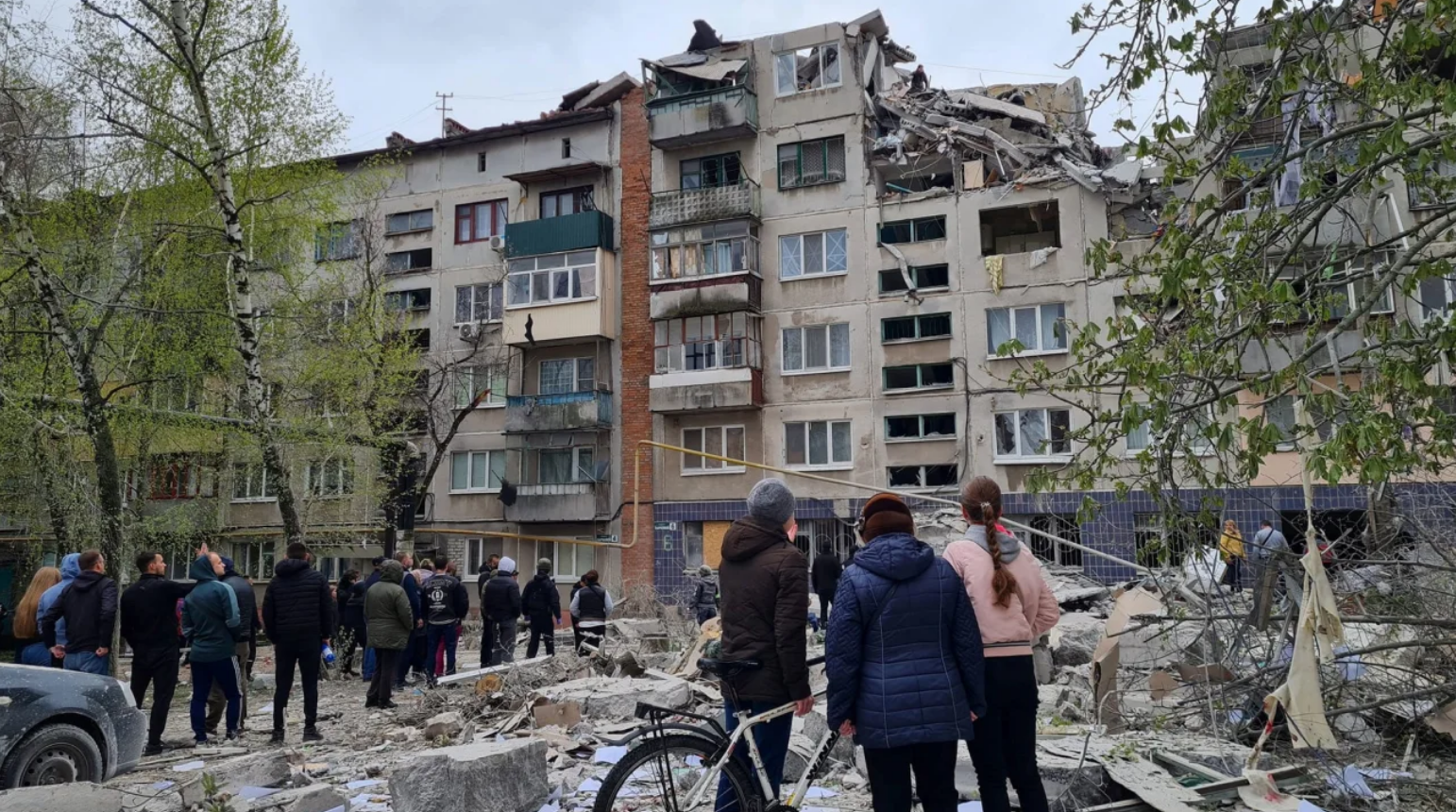
A scene of devastation following shelling of Sloviansk, Donetsk region, on April 14, 2023, amid the military conflict between Russia and Ukraine. Photo: CNN
Specifically, EU ambassadors from cautious countries told their other colleagues last week that the EC should start with a more informal document to continue narrowing differences on how to use the above profits, because they believe it is too early to make legal proposals, Bloomberg quoted a source familiar with the matter as saying.
However, the Commission said EU leaders have asked it to move forward with a proposal. A meeting of experts from member states and the Commission on December 6 will be crucial to determine whether the differences have been narrowed enough, Bloomberg sources added.
And if the EC approves the draft plan on December 12, EU leaders could consider it when they meet at a summit in Brussels just days later.
Reputational damage
The EU has been debating for months about speeding up the option of imposing a capital gains tax on profits generated by frozen assets and using the proceeds to rebuild Ukraine.
According to data released last month, 200 billion euros of sanctioned Russian assets, most of which are held at the Belgium-based clearinghouse Euroclear, have generated nearly 3 billion euros in profits since they were frozen until the third quarter of 2023. That figure is expected to continue to rise.
Belgium says it will invest 1.7 billion euros next year to support Ukraine by collecting domestic taxes from assets frozen in Russia.
European Central Bank (ECB) Vice President Luis de Guindos warned such a move risks damaging the EU's reputation.

European Council President Charles Michel (right), Commission President Ursula von der Leyen (left) and Ukrainian President Volodymyr Zelensky at a meeting in February 2023. Photo: Times of Malta
“Our position on the use of dividends and interest from frozen assets is clear,” Mr. De Guindos told the Flemish daily De Standaard and the French daily La Libre Belgique published in Belgium, according to a transcript published on the ECB website in late November.
“First of all, this has to be a global decision, ideally involving all G7 members,” he said. “Also, we have to be careful because this could lead to reputational damage.”
The senior ECB official explained that the EU must look beyond this conflict, as Russia's move to use frozen assets could have implications for the euro as a safe-haven currency.
“The euro is the second most important currency in the world and we have to consider its long-term reputation,” he said. “I think there are other ways to finance the reconstruction of Ukraine.”
Proportionate response from Russia
On the Russian side, Chairman of the State Duma (Lower House) of Russia Vyacheslav Volodin issued a stern warning after President of the European Commission Ursula von der Leyen announced in late October the EC's intention to use part of the profits from frozen Russian state assets to help Ukraine.
Accordingly, a leading Russian lawmaker said Moscow will confiscate the assets of “unfriendly” EU countries in retaliation.
“Such a decision would require a proportionate response from the Russian Federation. In that case, more assets belonging to unfriendly countries would be seized than our frozen money in Europe,” Mr. Volodin said.
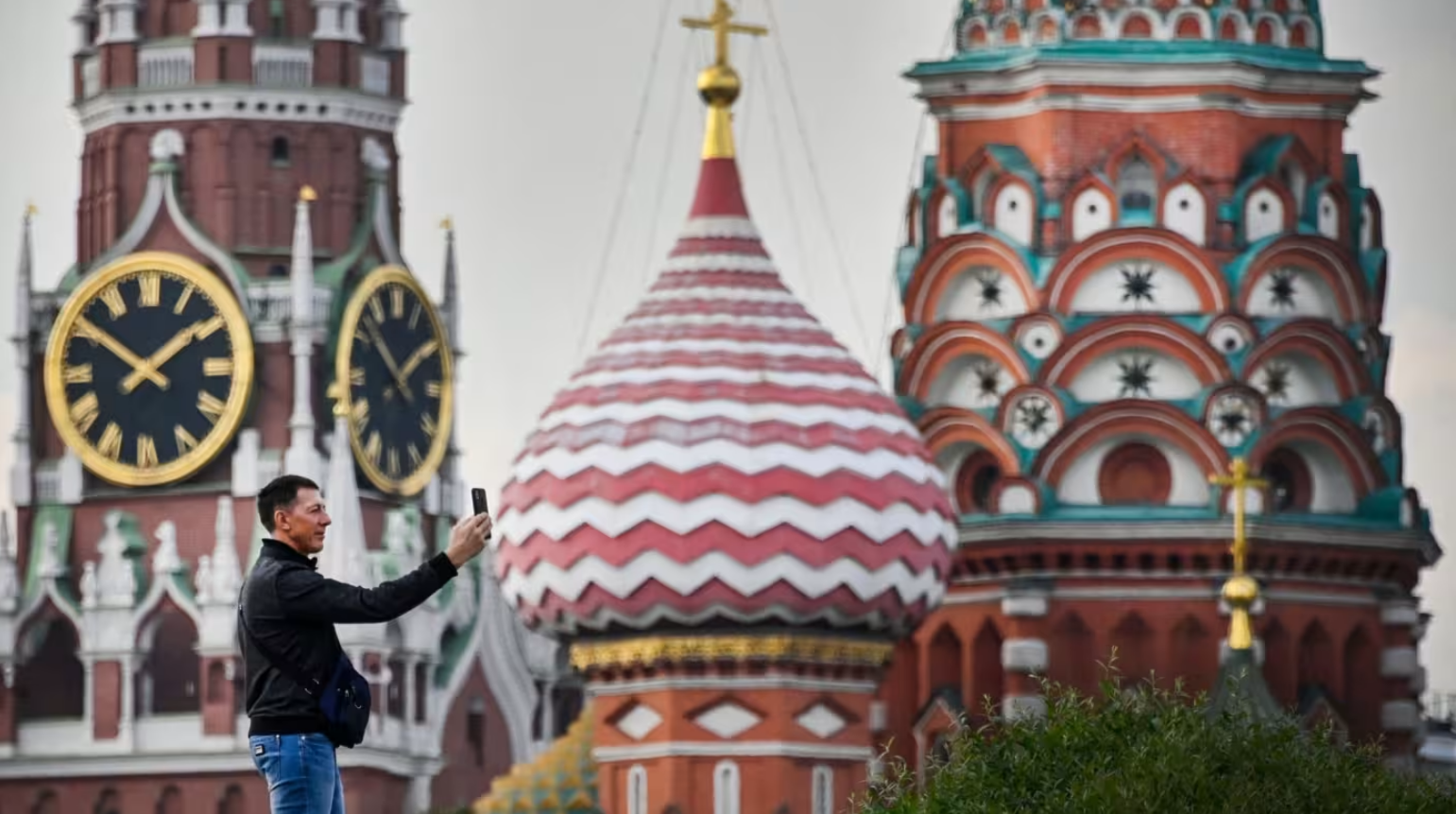
Western sanctions have frozen $300 billion in foreign exchange reserves of the Central Bank of Russia (CBR) since Moscow launched its military operation in Ukraine. Photo: Getty Images
In another development, Switzerland's State Secretariat for Economic Affairs (SECO) said on December 1 that the Alpine country had frozen about 7.7 billion Swiss francs (8.13 billion euros or $8.81 billion) in assets owned by Russians as part of sanctions designed to respond to Moscow's military campaign in Ukraine.
The provisional estimate is slightly higher than the 7.5 billion francs the Swiss government said it had frozen last year. A more accurate figure is expected to be released by the end of the second quarter of 2024 when Swiss banks report to the government.
The increase in assets frozen is due to the addition of 300 people and 100 companies and entities to the sanctions list in the past 12 months. It also includes estimated profits from deposits, bonds, shares, as well as sanctioned property and luxury cars.
In addition, Switzerland has also frozen 7.4 billion francs in foreign currency assets of the Central Bank of Russia (CBR).
SECO declined to comment on which individuals had their assets frozen. However, the assets frozen represent only a small fraction of the total assets held by Russians in Switzerland, of which Swiss banks hold 150 billion francs, according to estimates by the Swiss Bankers Association.
Switzerland – a neutral Alpine country that is not an EU member – is taking part in the discussions but has not yet decided whether to support the EC's proposal to use profits from frozen Russian assets to help rebuild the Eastern European country .
Minh Duc (According to Bloomberg, Politico EU, Reuters)
Source






![[Photo] Dan Mountain Ginseng, a precious gift from nature to Kinh Bac land](/_next/image?url=https%3A%2F%2Fvphoto.vietnam.vn%2Fthumb%2F1200x675%2Fvietnam%2Fresource%2FIMAGE%2F2025%2F11%2F30%2F1764493588163_ndo_br_anh-longform-jpg.webp&w=3840&q=75)

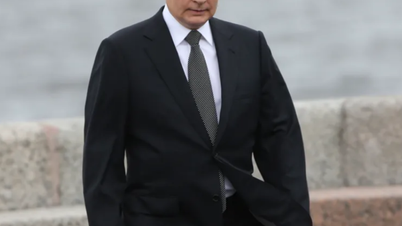
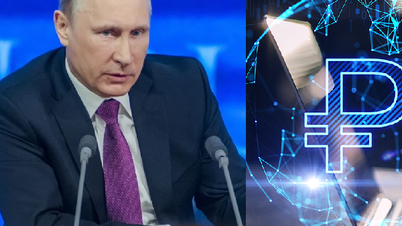
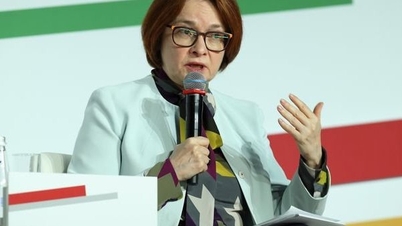
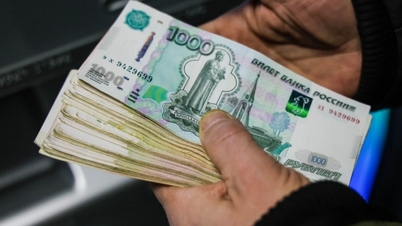



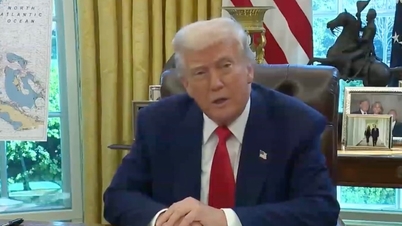
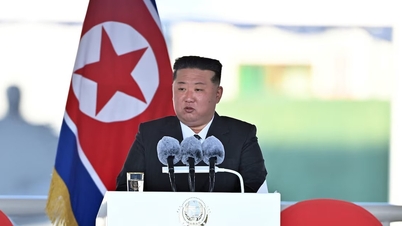
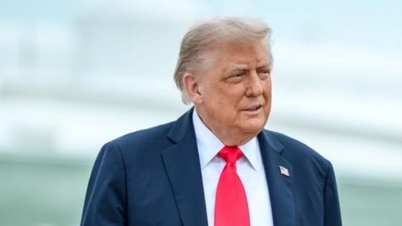






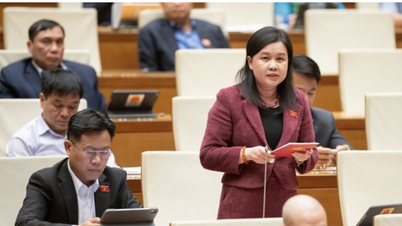










































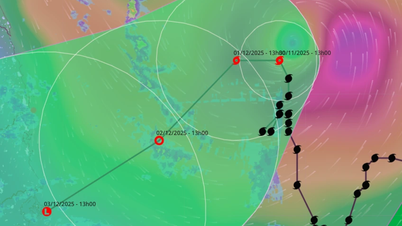








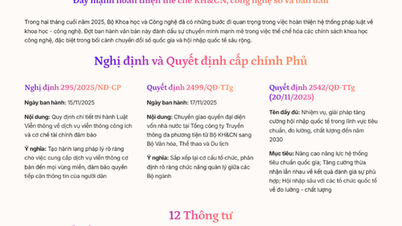



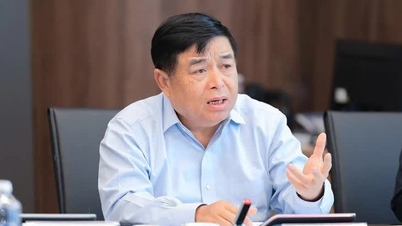
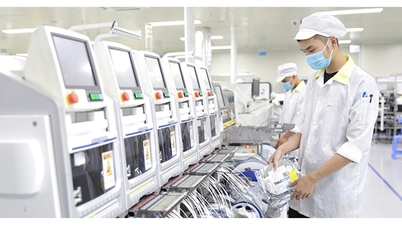
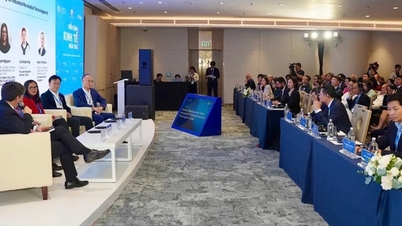





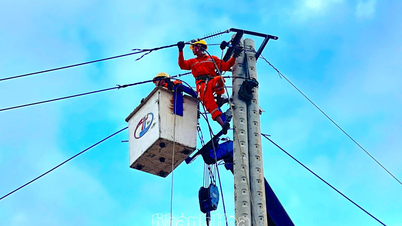















Comment (0)